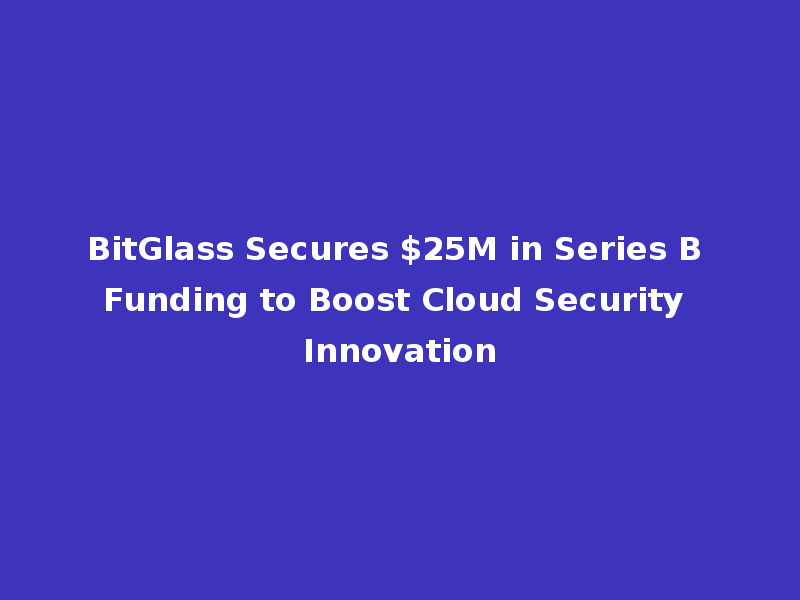From Stealth to Spotlight: Metanautix Debuts with Sequoia Capital Support
In 2012, two pioneering data scientists from Google and Facebook embarked on a mission to transform how enterprises handle complex data analytics. Today, their startup Metanautix emerges from stealth mode with $7 million in Series A funding and an ambitious vision to democratize data access.
The Founders: Silicon Valley’s Data Visionaries
- Theo Vassilakis: Former lead engineer for Google’s groundbreaking Dremel project (the foundation of BigQuery)
- Apostolos Lerios: Ex-Facebook engineer who managed billions of social media images
Together, they’re tackling one of enterprise tech’s most persistent challenges: data silos.
The Metanautix Advantage: SQL as the Universal Key
Metanautix’s core innovation lies in its SQL-first approach:
- Enables querying across any data repository without migration
- Eliminates complex coding requirements for data aggregation
- Preserves existing infrastructure investments
“Our goal is to connect all information silos through a high-level interface,” explains Vassilakis. “No more choosing between data sources or rewriting legacy systems.”
Why Investors Are Betting Big
Sequoia Capital led the $7M funding round, joined by:
- Stanford University Endowment
- Shiva Shivakumar (Former Google VP of Engineering)
“Metanautix solves critical data supply chain issues at enterprise scale,” notes Bill Coughran, Sequoia Partner and ex-Google SVP.
The Technology Behind the Vision
Developed from Vassilakis’ Google experience, the platform addresses:
- Adoption Barriers: No need to learn new programming languages
- Legacy Integration: Works with existing data infrastructure
- Multi-Format Support: Handles photos, videos, audio, and text
Market Traction and Future Roadmap
- Currently serving six beta customers, including HP
- First general availability product launching by year-end
This Silicon Valley startup represents a significant leap toward truly unified enterprise data analytics - a solution that could redefine how organizations extract value from their information ecosystems.












